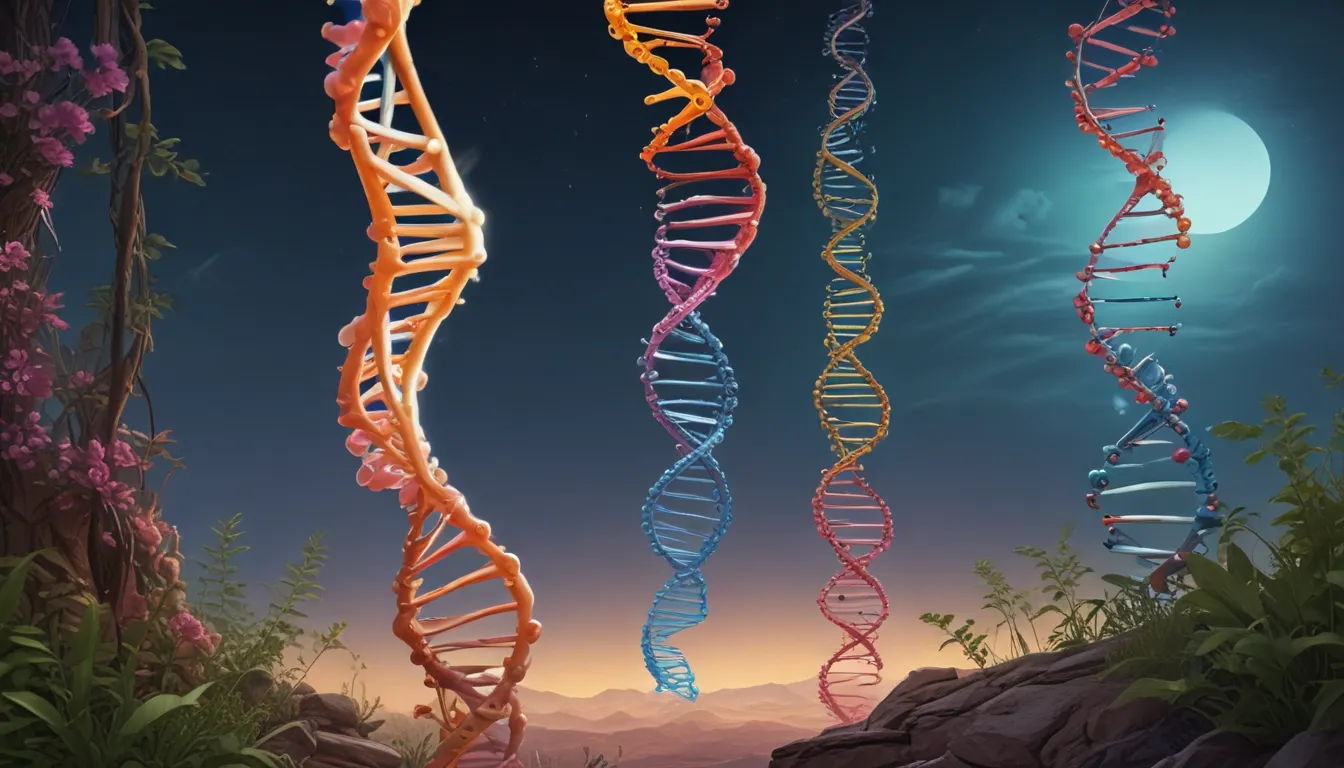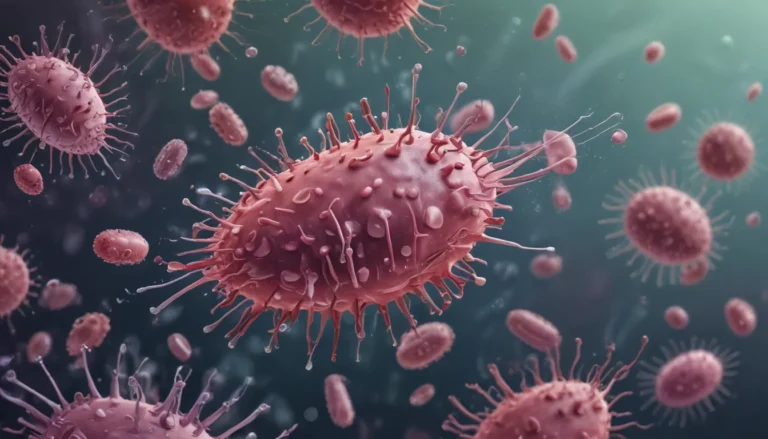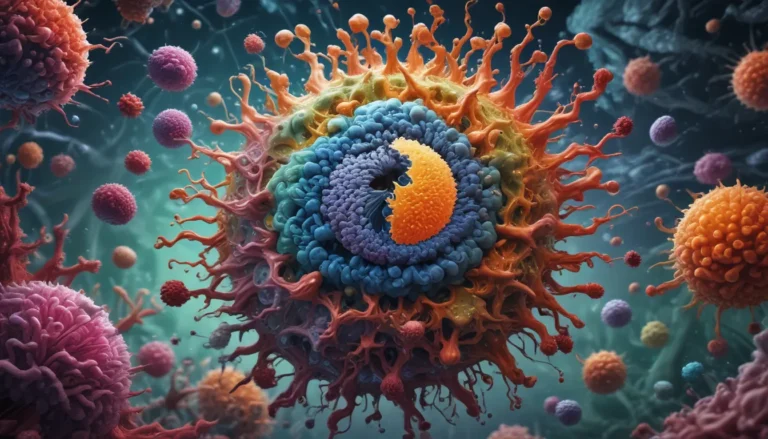A Note About Images: The images used in our articles are for illustration purposes only and may not exactly match the content. They are meant to engage readers, but the text should be relied upon for accurate information.
Are you curious about the intricate world of genetics and how traits and diseases are inherited within families? Genetic linkage is the key to unlocking these mysteries. Delve into this fascinating concept with us as we uncover 18 mind-blowing facts about genetic linkage that will expand your knowledge and deepen your appreciation for the complexities of heredity.
Understanding Genetic Linkage: The Basics
- Genetic linkage describes the tendency of certain genes to be inherited together, akin to genes holding hands on a chromosome.
- Genetic linkage plays a crucial role in determining the inheritance patterns of genetic disorders.
- Thomas Hunt Morgan, a pioneering geneticist, discovered genetic linkage in the early 20th century through experiments with fruit flies.
The Intricacies of Genetic Linkage
- The proximity of genes on a chromosome determines the probability of genetic linkage, with closer genes being more likely to be inherited together.
- Genetic linkage mapping helps scientists determine the relative positions of genes on a chromosome, providing invaluable insights into genetic organization.
- Genetic linkage can vary between populations and species, influenced by factors like recombination rates and gene distance.
Applications of Genetic Linkage
- Genetic linkage analysis is instrumental in identifying genes associated with complex diseases, paving the way for targeted treatments.
- Genetic linkage can be used to trace evolutionary relationships between species and understand the genetic basis of diversification.
- Environmental factors can influence genetic linkage, highlighting the interplay between genetics and the environment.
Advancements in Genetic Linkage Research
- Genetic linkage studies have led to breakthroughs in understanding complex diseases like cancer, guiding the development of personalized medicine approaches.
- Genetic linkage can predict the inheritance of traits in plant breeding, aiding in the development of improved crop varieties.
- Scientists can manipulate genetic linkage through advanced techniques like CRISPR-Cas9 for targeted gene therapies and trait modification.
Exploring the Impact of Genetic Linkage
- Genetic linkage can unravel the migration patterns of ancient human populations, shedding light on human history and origins.
- The conservation of gene order between related species, known as synteny, offers insights into the evolutionary history of genomes.
- Genetic linkage analysis can identify genes responsible for drug resistance in microbial pathogens, contributing to combating infectious diseases.
In conclusion, genetic linkage is a fundamental concept in genetics with profound implications for medical research, disease prevention, and agriculture. By unraveling the secrets of genetic linkage, scientists continue to make strides in understanding the complexities of heredity and genetic disorders.
FAQs about Genetic Linkage
- Q: What is genetic linkage?
-
Genetic linkage refers to the tendency of genes close on a chromosome to be inherited together.
-
Q: How is genetic linkage determined?
-
Genetic linkage is determined through the study of inheritance patterns and recombination frequencies.
-
Q: What are linkage groups?
-
Linkage groups are clusters of genes on the same chromosome inherited together frequently.
-
Q: What is the role of genetic linkage in disease inheritance?
-
Genetic linkage plays a crucial role in the inheritance of genetic disorders.
-
Q: How has genetic linkage revolutionized medical research?
- Genetic linkage studies have advanced our understanding of the genetic basis of diseases.
Unleash your curiosity and immerse yourself in the captivating world of genetic linkage, where genes intertwine to shape the diversity of life. Embrace the wonders of heredity and genetics as you embark on a journey of discovery, exploring the intricate mechanisms that govern our genetic makeup. Trust in our commitment to quality and authenticity as you learn and grow alongside us.






